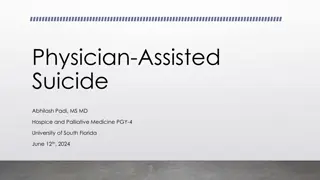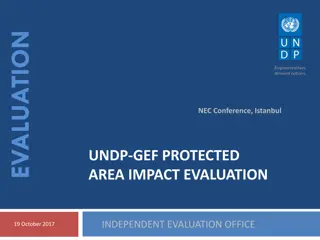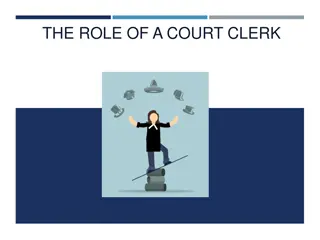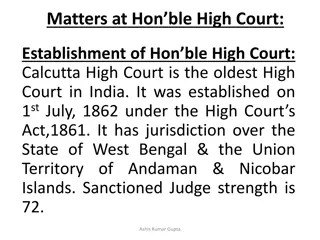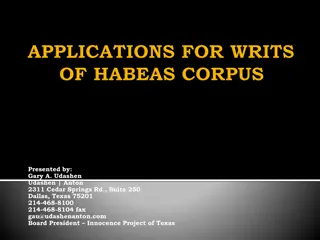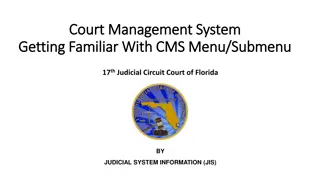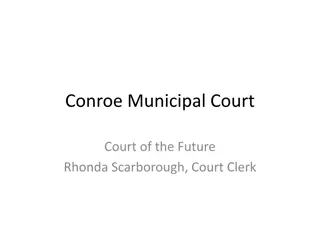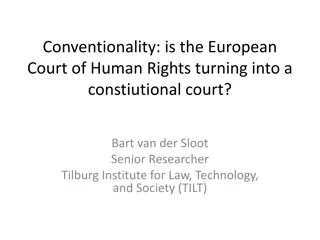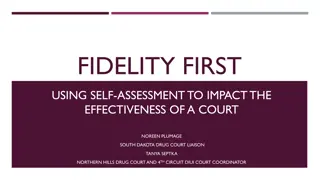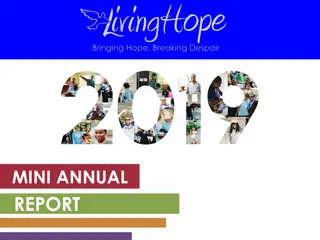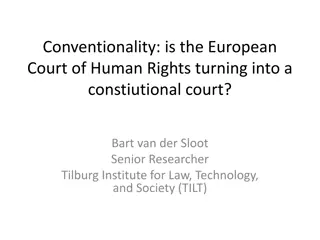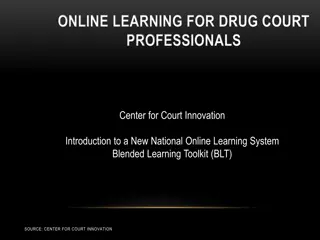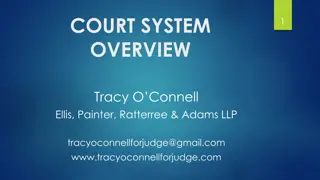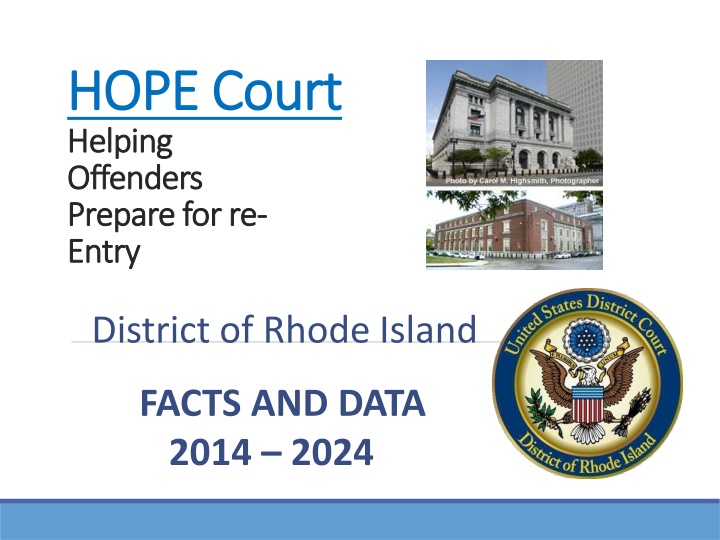
HOPE Court Rhode Island Offender Program Data 2024
Learn about the HOPE Court in Rhode Island, an alternative program for offenders, its mission, current statistics, participant outcomes, and success rates. Explore data on participants, graduates, program effectiveness, and risk assessment changes.
Download Presentation

Please find below an Image/Link to download the presentation.
The content on the website is provided AS IS for your information and personal use only. It may not be sold, licensed, or shared on other websites without obtaining consent from the author. If you encounter any issues during the download, it is possible that the publisher has removed the file from their server.
You are allowed to download the files provided on this website for personal or commercial use, subject to the condition that they are used lawfully. All files are the property of their respective owners.
The content on the website is provided AS IS for your information and personal use only. It may not be sold, licensed, or shared on other websites without obtaining consent from the author.
E N D
Presentation Transcript
HOPE Court HOPE Court Helping Helping Offenders Offenders Prepare for re Prepare for re- - Entry Entry District of Rhode Island 2014 2024 FACTS AND DATA
HOPE Rhode Islands motto since 1664 2
Mission HOPE Court is an alternative to traditional supervision for post-conviction offenders who are at moderate to high-risk of reoffending. Its goal is to produce better outcomes for participants and the community than traditional supervision is able to achieve. 3
Data as of November 1, 2024: Total participants since inception: 81 Number of participants currently: 10 Number of participants who have graduated since inception: 32 % total participants who have graduated since inception: 48% Average length of time in HOPE Court for graduates: 16 months Number of participants who have been terminated since inception: 34 % of terminations that occur in Phase 1: 41% 4
More data Success of HOPE Court s 32 graduates Successful Completion of TSR: 24 (75%). Currently on TSR with successful progress: 3 (9%). Violation conduct after graduation while on TSR: 4 (13%) Deceased while on TSR: 1 (3%). Changes in risk assessment score for HOPE Court graduates: 9% increased in risk level, 44 % decreased in risk level, and 47% experienced no change in risk level. 5





